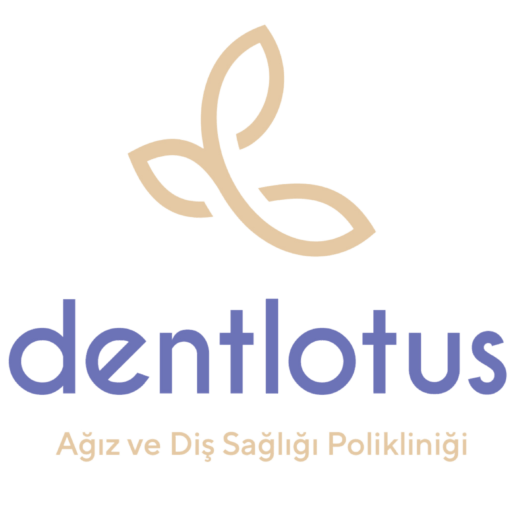Came to this office all the way from USA they staff was very kind , office was very clean I came to get a whitening done and I saw instant result highly recommend this office you won’t regret it !
Feedback from Our Patients
Masood Shah

Dear Dr.Jeyla I am so satisfied with my implants that you have done.thank you for all the efforts. I advised everybody to have their implant with you and I am really grateful again.
Benjamin Ghodraty

Thanks Guys you are all perfect. Special thanks to my Doctor Mrs Ceyda who did a perfect job and many thanks to my Dear Melis who handled my appointments with the best and suitable way for me.
A XEN

Great experience, they are professional and the service was quite good. I’d recommend!!
Nick Ngozo

I went for my tooth that had been aching for a long time and I was very pleased. You can feel that doctors love their job. First of all, your dental x-ray is taken and the general condition is evaluated. Very detailed information is provided regarding the procedures to be performed. Doctor Emre and his staff provide very friendly service.
expand_more
Faruk Demir

We haven't gone anywhere else as a family for a long time. Ms. Ceyda is a trustworthy and very successful doctor. Also, his smiling face 🙂 Thank you very much for everything
Sevil Ern

Dentistry with Modern Technology

- Halaskargazi Mah. Halaskargazi Cad Lotus Nişantaşı Office Floor, No:38-66, Floor:3 - Internal Door: 33, 34360 Şişli/İstanbul, Turkey
© 2024 Dentlotus Dental Clinic. All Rights Reserved.